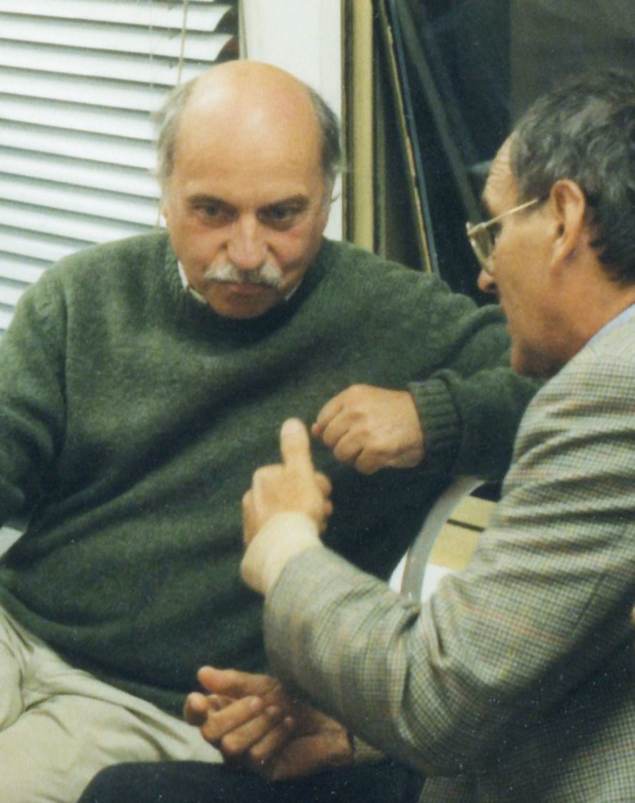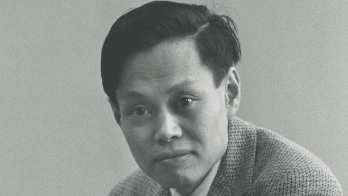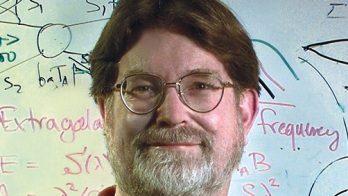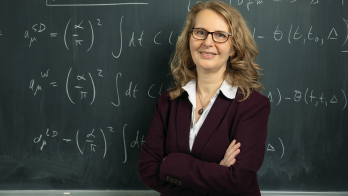
Jürgen G Körner, a well-known German theoretical physicist at the Johannes Gutenberg University in Mainz, passed away after a brief illness on 16 July 2021 at the age of 82.
Jürgen was born in Hong Kong in 1939, as the fourth child of a Hamburg merchant’s family. After the family returned to Germany in 1949, he attended the secondary school in Blankenese and studied physics at the Technical University of Berlin and the University of Hamburg. He received his PhD from Northwestern University, Illinois, in 1966 under Richard Capps. He then held research positions at Imperial College London, Columbia University, the University of Heidelberg and DESY. He completed his habilitation at the University of Hamburg in 1976.
In 1982 Jürgen became a professor of theoretical particle physics at Johannes Gutenberg University, where he remained for the rest of his career. His research interests included the phenomenology of elementary particles, heavy-quark physics, spin physics, radiative corrections and exclusive decay processes. He made pioneering contributions to the heavy-quark effective theory with applications to exclusive hadron decays. He also studied mass and spin effects in inclusive and exclusive processes in the Standard Model, and developed the helicity formalism describing angular distributions in exclusive hadron decays. Jürgen’s other notable contributions include the Körner–Pati–Woo theorem providing selection rules for baryon transitions and a relativistic formalism for electromagnetic excitations of nucleon resonances.
Jürgen collaborated with theoretical physicists worldwide and published about 250 papers in leading physics journals, including several influential reviews on the physics of baryons. He also contributed to the development of strong relations between German and Russian particle physicists. Together with colleagues from the Joint Institute for Nuclear Research, Dubna, and leading German and Russian universities he initiated a series of international workshops on problems in heavy-quark physics (Dubna: 1993–2019, Bad Honnef: 1994 and Rostock: 1997).
Jürgen was a cheerful person, attentive to the needs of his colleagues and friends, and always ready to help. He liked to travel and was actively involved in sports, especially football and cycling. Despite various commitments, he always found time for discussions. He cherished good conversations about physics and made a lasting impact on our lives. We will always remember him.







